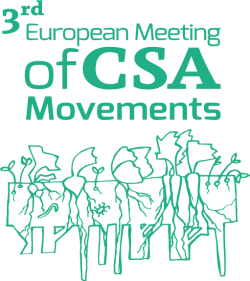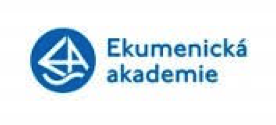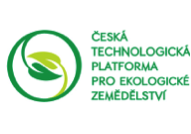
Between September 16 and 18, 2016 the North Moravian City of Ostrava will play host to a meeting of the European organizations and communities involved in the project of Community Supported Agriculture (CSA). The purpose of this gathering that will be attended by over a hundred people from all over Europe – in addition to sharing experience – is to structure and promote this fast developing movement that is a real response to the industrialization of the food system.
The Community Supported Agriculture (CSA) movement emerged in Japan in the 1970s. In Europe alone it now includes over six thousand initiatives and almost one million eaters. The number of people interested in this type of close cooperation between communities and farmers and food producers is growing very fast. The system of sharing risks and benefits between food producers and eaters is an effective model of a short distribution chain without any involvement of middlemen. As a result, it constitutes an indisputable asset for local economies and rebuilding community. It is also characterized by its distinct social and solidarity aspects.
The meeting will also include the first public presentation of the European CSA Declaration, a document that spells out how the European movement defines the importance of the concept of Community Supported Agriculture. The Declaration is aims to limit the potential abuse and capture of the concept of CSA for commercial purposes, as well as raising awareness of CSA, and sharing our understanding of the concept. During the meeting, there will be many different working groups where the participants can discover the results of a CSA research project, or the concept of the European educational project called “Be Part of CSA” that will provide Europe’s local communities with knowledge, skills and capacities to set up and run CSA groups. Other topics to be discussed will include the challenges facing farmers to gain access to land, land grabbing, both subjects that are increasingly important in Europe.
The gathering will be attended by many outstanding personalities from the sector of social solidarity economy and agroecology, such as Judith Hitchman (URGENCI), Peter Volz (Agronauten), Denis Carel (AMAP) and Eva Torremocha (IFOAM), who are active defenders of the rights of small farmers and experts in the social impacts of the existing agro-food situation and policy in Europe and the world.
“Involvement of farmers in the CSA system has proven to be a major stabilizing factor of the economy of their enterprise, whereby a number of small farms may thus secure the sale of their entire production” comments Jan Valeška of PRO-BIO LIGA, the Czech Republic’s association actively involved in the promotion of the CSA system in the country, on the rapid development of the movement in Europe. He goes on to stress that CSA groups enable their subscribers to have access to a regular supply of food at prices that meet the needs the farmers and remain affordable to the community members; furthermore, food production is based on the principles of sustainability, either certified under the system of ecological farming or in accordance with its principles.
“We now have an ever smaller possibility of affecting the price and quality of our food. However, consumers involved in the system of Community Supported Agriculture are free to choose their own farmer. At the same time, CSA enables small farmers to freely decide on their own production and set an acceptable price for their production. CSA makes the food chain both short and transparent, growers are no longer anonymous and consumers are no longer the victims of marketing tricks hatched by big food chains,“ says Karolína Silná of the Ecumenical Academy, a Non-Governmental Organization, a co-organizer of this meeting that work on questions of long-term food sovereignty.
There are approximately 30 CSA groups in the Czech Republic (that involve around 1,400 people). They specialize primarily in the production of fruit and vegetables. Most CSA groups are based in Prague and in the Moravian-Silesian Region. France tops the list of European countries with the highest number of people involved in the CSA movement with around 320,000 members. It is followed by Switzerland (26,000) and the Netherlands (25,500). CSA is a fast developing sector. The study on the current situation of CSA in Europe is available here.
The meeting is organiz ed by URGENCI, the European CSA network, together with PRO-BIO LIGA, the Ecumenical Academy and the Czech Technological Platform for Ecological Agriculture. The event is being funded by the European Commission in the framework of the Erasmus+ programme, as well as the International Visegrad Fund and the European Union. The meeting also plans to prepare for the Second Nyéléni European Forum of Food Sovereignty that will be taking place in the Romanian city of Cluj-Napoca from 26th – 30th October.
ed by URGENCI, the European CSA network, together with PRO-BIO LIGA, the Ecumenical Academy and the Czech Technological Platform for Ecological Agriculture. The event is being funded by the European Commission in the framework of the Erasmus+ programme, as well as the International Visegrad Fund and the European Union. The meeting also plans to prepare for the Second Nyéléni European Forum of Food Sovereignty that will be taking place in the Romanian city of Cluj-Napoca from 26th – 30th October.






